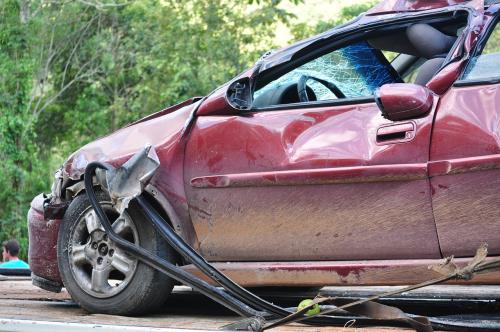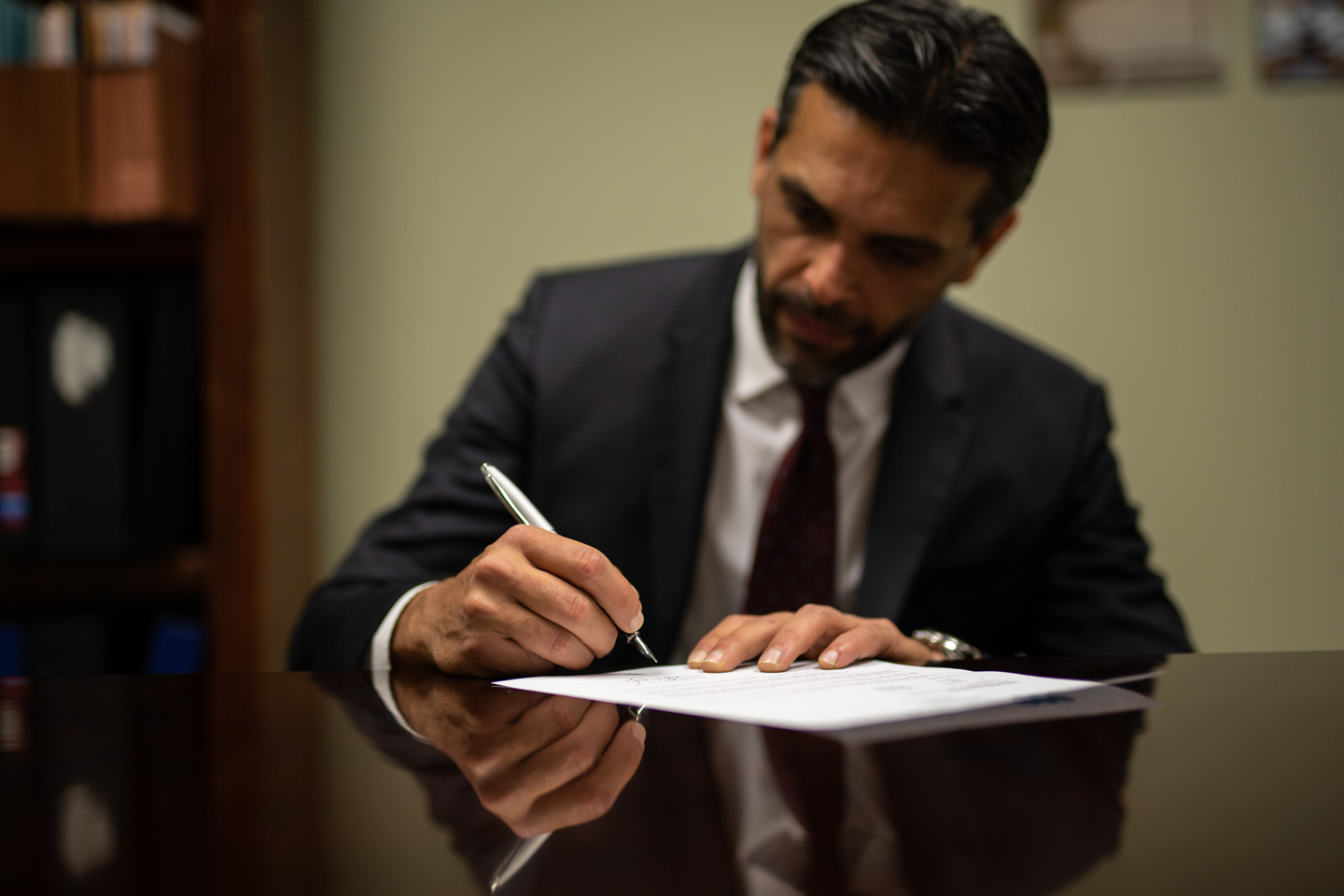What to Do if You're Hit by an Uninsured Driver in Texas

Getting into a car accident is stressful enough, but finding out the other driver doesn’t have insurance can make the situation even more overwhelming. Texas law requires drivers to carry liability insurance, yet many people still operate vehicles without coverage. If you’re hit by an uninsured driver in Texas, it’s important to know your rights and what steps to take next. This guide walks you through the steps to take, how to protect your rights, and how a personal injury attorney may be able to support your recovery.
Step 1: Call the Police Immediately
After any car accident, especially one involving an uninsured driver, call 911. A police report is a crucial piece of evidence for both insurance claims and potential legal action. The report will document the scene, gather witness statements, and note whether the at-fault driver has insurance. This official documentation strengthens your claim and helps establish fault.
Step 2: Gather Information and Evidence
Even if the other driver doesn't have insurance, collect as much information as possible. This includes:
- The driver’s name, contact information, and license plate number
- Photos of all vehicles involved, damage, and the accident scene
- Names and contact information of any witnesses
- Your own notes about what happened
Do not accept cash or verbal promises from the uninsured driver. These offers are not legally binding and may later undermine your case.
Step 3: Notify Your Insurance Company
Contact your insurance provider as soon as possible and let them know you were hit by an uninsured motorist. If you have Uninsured Motorist (UM) coverage, your policy may cover damages to your vehicle, medical bills, lost wages, and other accident-related costs. In Texas, is not mandatory; however, insurance companies are required to offer it when you purchase a policy.
There are two main types of UM coverage:
- UMBI (Uninsured Motorist Bodily Injury): Covers medical expenses, lost income, pain, and suffering.
- UMPD (Uninsured Motorist Property Damage): Covers repairs to your vehicle, up to the limits of your policy.
If you declined UM coverage when buying your insurance, your options may be limited. However, a personal injury lawyer may help you explore alternative ways to pursue compensation.
Step 4: Understand Texas Law on Uninsured Drivers
Texas follows a “fault” system, which means the driver who caused the car accident is responsible for the damages. When the at-fault driver is uninsured, they’re still legally liable—but collecting money from them can be difficult.
You may be able to file a lawsuit against the uninsured driver, but many have limited assets, which means you may not be able to recover much even if you win the case. That’s why many victims turn to their own insurance first, then seek legal help to explore other options.
Step 5: Track All Medical Treatment and Expenses
If you suffered injuries, keep a detailed record of:
- All doctor visits, diagnoses, and treatment plans
- Prescription medications and medical devices
- Time missed from work due to injuries
- Any long-term impacts or chronic pain
This documentation will help support your claim and ensure you receive the compensation you deserve. Medical records also prove the extent of your injuries and how the accident has affected your life.
Step 6: Consult a Personal Injury Attorney
Dealing with insurance claims, medical bills, and legal issues can be overwhelming, especially when the other driver is uninsured. A personal injury lawyer can:
- Review your insurance coverage and help you file a UM claim
- Investigate the accident and gather additional evidence
- Communicate with insurance adjusters on your behalf
- Represent you in court, if necessary
- Help maximize your financial recovery
An experienced attorney knows how to navigate Texas laws and insurance rules to protect your rights. The Ali Law Group offers free consultations and works on a contingency fee basis, meaning you don’t pay unless you win.
How Long Do You Have to File a Claim in Texas?
Texas has a two-year statute of limitations for personal injury claims. This means you have two years from the date of the accident to file a lawsuit against the uninsured driver or make a claim under your UM policy. Waiting too long can result in losing your right to compensation.
What if the Uninsured Driver Was Working at the Time?
If the at-fault driver was driving for work, such as a delivery or company vehicle, or rideshare, and didn’t have personal insurance, their employer might be held liable. A personal injury lawyer can investigate whether the employer's insurance can be used to cover your damages.
Don’t Settle Without Legal Guidance
Insurance companies may offer you a quick settlement, but it might not reflect the true cost of your injuries and long-term care. Before accepting any offer, speak with a lawyer who can evaluate your case and determine the full value of your damages.
Need Help After Being Hit by an Uninsured Driver?
If you’ve been injured in a car accident with an uninsured driver, don’t go through the legal process alone. The team at Ali Law Group in San Antonio is here to help you understand your options, file a claim, and fight for the compensation you deserve. We’re committed to standing up for accident victims and making sure negligent drivers are held accountable.
Contact Ali Law Group today for a free consultation.
Disclaimer: The information provided on this blog is for informational purposes only and does not constitute legal advice. Every situation is unique, and the law can be complex. For specific legal guidance on your personal injury case in Texas, contacting an experienced attorney is essential. The Ali Law Group is not responsible for any actions taken based on the information contained here.















